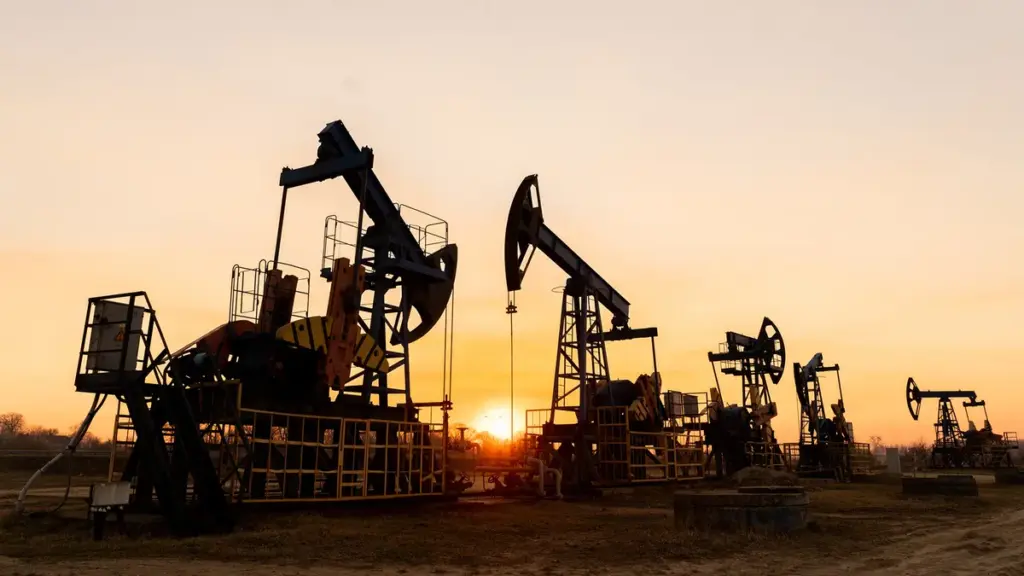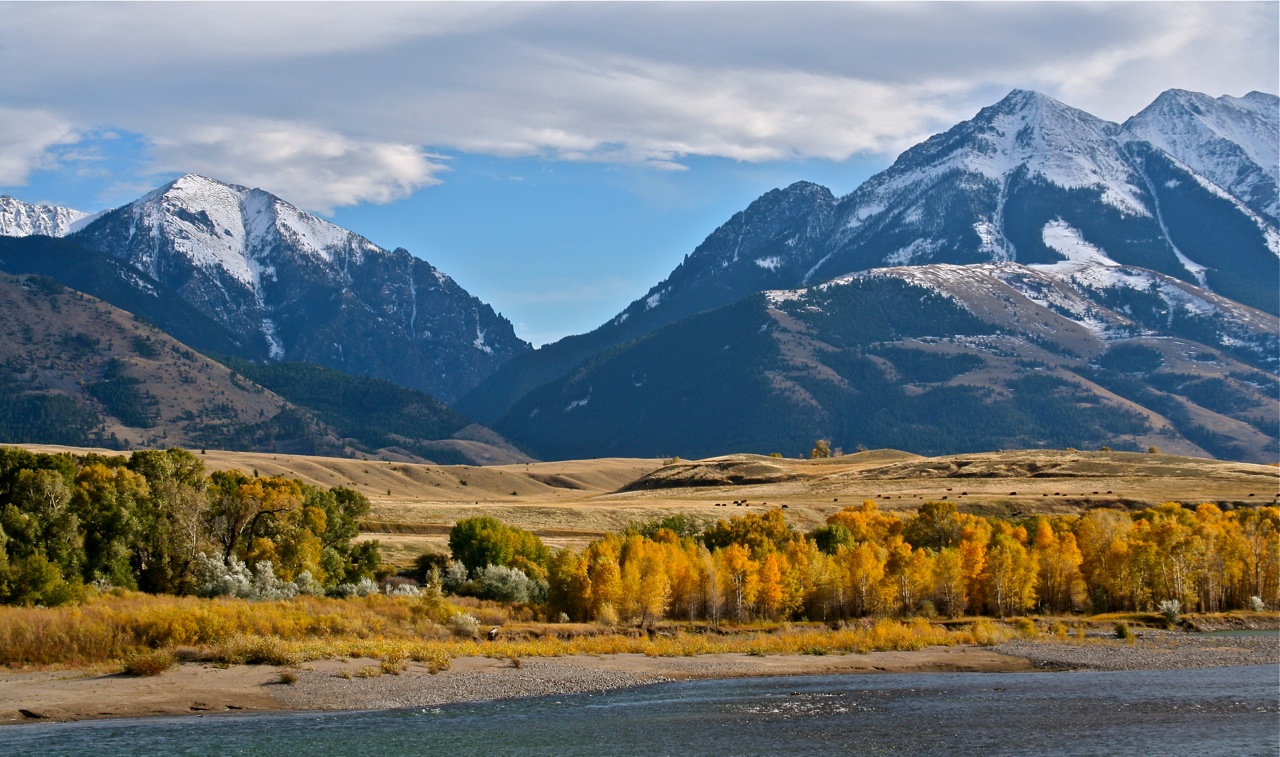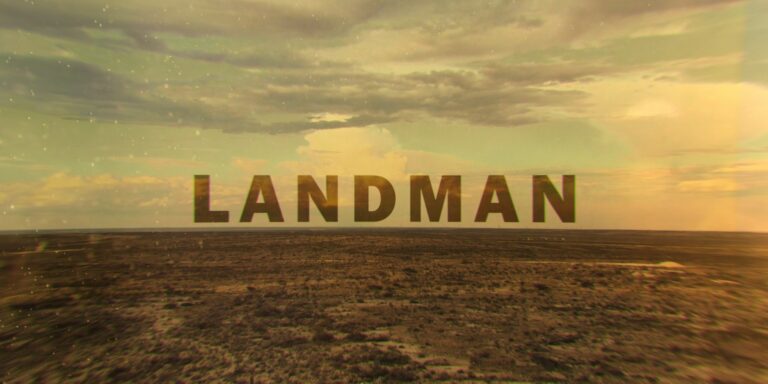- The Texas Authenticity Test
- Howdy Y’all, Let’s Talk Dialect
- Welcome to Oil Country: Rigs, Risks, and Reality Checks
- Law Enforcement: Hollywood Drama or Texan Reality?
- Friday Night Lights Meets the Oil Patch: Small Town Life Depictions
- Boots on the Ground: Interviews with Real Texans
- Keeping Your Boots Dirty: Is Landman the Real Deal or Hollywood Illusion?
The Texas Authenticity Test
Texas has always had a larger-than-life reputation. There’s barbecue, football, dusty small-town streets, and booming oil rigs scattered across endless horizons. Texans love seeing themselves represented in the media – but there’s one thing they love even more: pointing out when Hollywood gets it wrong. So when Taylor Sheridan, TV’s ultimate Western storyteller, set out to depict West Texas oil country with his Paramount+ series Landman, it got Texas talking. Some locals started nodding along approvingly, others started rolling their eyes.
It’s worth finding out, then – just how much of West Texas did Landman really get right?
Howdy Y’all, Let’s Talk Dialect
When you talk Texas, let’s be clear: we’re not just talking Southern with a cowboy hat. West Texas dialect is its own unique blend, marked by easy charm and dry humor. One area Landman handles pretty well is getting the local drawl just right. Michelle Randolph, who plays the lead character Ainsley Norris, reportedly dived deep to perfect the accent. “I worked really closely with dialect coach Jessica Drake,” Randolph explained in recent interviews, “and we found Ainsley’s accent carefully. It really helped me fall into who she is.”
That extra effort paid off. Audiences familiar with the area recognized the quiet authenticity in the pattern of speech, the poetic understatement, and the deadpan southern expressions unique to West Texas.
Still, local accents alone don’t guarantee total authenticity. Folks over in Odessa expressed disappointment that their city didn’t quite capture the flavor they know and love. “They could’ve portrayed it a whole lot better,” one long-time resident told a local reporter. “Odessa has more grit and heart than what we saw up there on screen.”
Welcome to Oil Country: Rigs, Risks, and Reality Checks
If you’ve ever driven west out of Midland toward Pecos, you’ll know one thing fast: Oil country isn’t always picturesque. It’s tough, dusty, and hotter than you’d believe. Workers call it “the patch,” and Landman gets the stark, sun-scorched aesthetic right.
But the rig work itself has raised eyebrows among local professionals. In the first episodes, viewers witness a scary blowout at an oil rig. Exciting TV? Sure. Technically accurate? Not so much. Industry insiders were quick to call out Sheridan’s creative licenses. One irritated IMDb reviewer, apparently someone with intimate oil-field knowledge, vented online, saying, “The technical failures during that blowout scene were embarrassing. Your technical consultant got almost everything wrong – from tools to rig configurations.”

Real oil workers aren’t shy about setting the record straight. Talk to enough Texans who’ve done real life oilfield work, they’ll tell you safety comes first – always. It’s drilled into everyone’s heads from day one. Drilling contractor Dan Hoffarth told industry publications recently, “Our guys receive comprehensive safety training; nobody sends untrained dudes blindly out onto dangerous rigs. It just doesn’t happen.” In that respect, Landman’s dangerous theatrics might be stirring entertainment, but they stray far from real-world practice.
Law Enforcement: Hollywood Drama or Texan Reality?
Sheridan is known for mixing gritty crime elements into his plots. Landman doesn’t shy away from this either, showing cartel influences spilling into the oil patch jobs. Cartel threats and strong-arm tactics add plenty of gut-wrenching drama and menace. But in West Texas, reality might look different – and locals aren’t holding back doubts.
Joseph Tessaro, a co-owner of oil services company Pacer Energy, laughed when asked about cartel influence depicted onscreen. “Well,” Tessaro deadpanned to reporters, “In Wyoming or Texas we really don’t have drug cartels stealing heavy equipment, hijacking airplanes, or shaking down roughnecks. It’s pretty exaggerated.” He acknowledged the region’s proximity to the Mexican border makes security a legitimate concern, but insisted these Hollywood versions aren’t everyday realities.
And even if border crime or drug trafficking occasionally appear in headlines, the constant threat portrayed on Landman feels amped-up dramatically. Texans, known for straight talk and shooting from the hip, can sniff out fictional exaggerations pretty quickly.
Friday Night Lights Meets the Oil Patch: Small Town Life Depictions
To Taylor Sheridan’s credit, he does capture one legitimate regional element: the powerful sense of community and identity among oil-field crews. Spending months away from home is tough, so small-town friendships and makeshift “man camp” families prove crucial on the patch. And that part rings true, locals say.
The camaraderie is spot-on, reminiscent of that classic Texas favorite Friday Night Lights, where small-town relationships center the storyline. Fort Worth Star-Telegram recently stated, “The sense of community shown in these oil-field crews on Landman – that’s absolutely dead-on. They nailed it.” Sheridan clearly knows teamwork and bond-building help workers get through isolation and long shifts – and this is reflected convincingly onscreen.
But then again, fights and drama within man-camps? Those exaggerated violent scuffles had actual oil patch workers chuckling. “In eight years of operations, we’ve yet to see a single fistfight inside our camp,” Hoffarth shrugged. “It’s dramatic, sure. But realistic? Nope, we’ve got better things to do than brawl after a 14-hour shift!”
Boots on the Ground: Interviews with Real Texans
Ask Texans directly about how Hollywood represents their state, and rarely do they hold back. Texans value authenticity and honesty heavily – and they’re skeptical of dramatized stories set in their backyard.
Vet a few Twitter and Reddit posts from locals who’ve seen Landman. They’re typically mixed, with praise for visual style, community spirit, and soundtracks matched by frustration with factual inaccuracies. One tweet summed it up nicely: “#Landman is solid TV, man, but NOT a documentary – just remember that.”
Texan pride runs deep, and nothing irks Texans as quickly as outsiders messing up their beloved state on screen. But Texans appreciate good storytelling, authenticity, and respect. Taylor Sheridan, who actually owns a ranch near Weatherford, Texas, is undoubtedly sincere in capturing western life. Still, even good storytellers can’t resist spicing things up a bit.
Keeping Your Boots Dirty: Is Landman the Real Deal or Hollywood Illusion?
Ultimately, does Landman clear the Texas authenticity test? Well, partly yes, and partly no. It gets the accents and community spirit just about right, but exaggerates crime, cartel paranoia, and dangers in rig practices dramatically. Texans love a good yarn, after all, so a little exaggeration is forgiven – especially if storytelling remains compelling.
But viewers unfamiliar with the real Texas patch should take these scenes cautiously. West Texas oil country captures plenty of real adventure, grit, humor, and drama on its own. To some locals, adding Hollywood theatrics to an already intriguing landscape may not be necessary. Authenticity matters – especially to Texans, whose own everyday lives sometimes feel big enough scenes for the cameras already.
So next time you sit down to watch Landman, keep in mind that you’re enjoying a great fictional story set against a roughly authentic Texas background. But if you seek a faithful depiction – right down to every last pipe wrench – maybe wait until Hollywood hires a real Texas landman as an advisor.
Until then, grab some popcorn, tip your hat deeply, and remember: This is entertainment, y’all.




